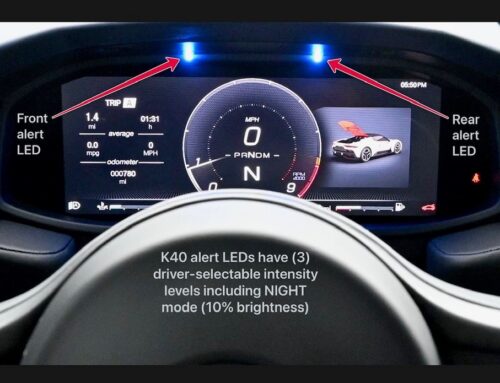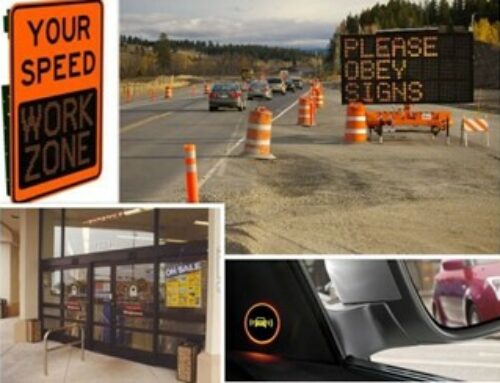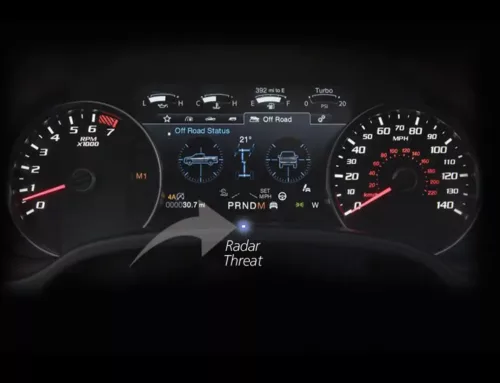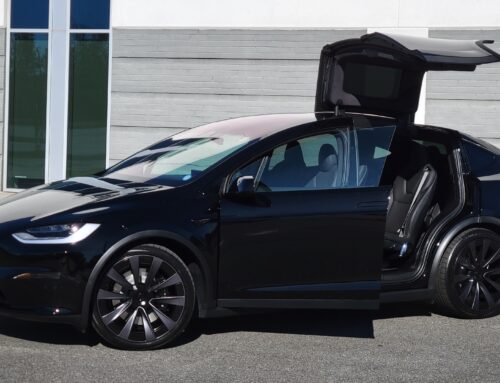The Hidden Cost of a Speeding Ticket: Insurance Rate Increase
April 20, 2016
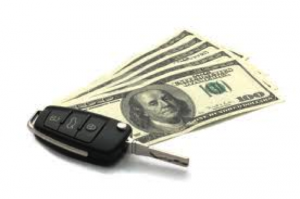
After a K40 team member wrote an insightful post entitled, “Benefits vs. Cost Risk: A Radar Detector or A Ticket?”, we began discussing if all the ticket costs were truly considered. That post examined the break-even point between the cost of just the ticket ($200 avg) and the average installed cost of a K40 front and rear radar detection system, and a Laser Defuser laser jammer system. BTW…it only took 10 alerts, and you would have saved enough in ticket fines to pay for the system.
But there was another question that kept nagging at us to answer.
Could a single speeding ticket increase your insurance rates?
The challenge in answering this question with a singular answer is due to numerous variables and conditions involved:
- How much over the speed limit were you?
Some insurers will waive one speeding ticket if it’s within 10 mph over the limit, or they won’t record the ticket if you take a safe-driving class.
According to a study by insurancequotes.com that evaluated tickets issued in the United States from 2014 to 2016, the average premium increase is highly related to how much you were exceeding the posted speed limit:
- 21% increase if you were caught going 1 to 15 mph over the speed limit.
- 28% increase for going 16 to 30 mph over the limit.
- 30% increase for going 31 mph over the limit.
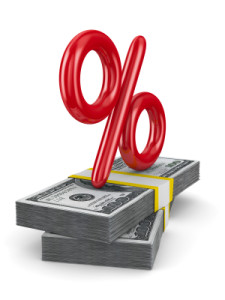
Incidentally, premium increases are not just limited to speeding! The same study found minor moving violations, like “failing to use your turn signal” or following too closely can raise rates by 19%.
In our investigation, we also found other factors that affect premium increases after receiving a speeding ticket:
- Each Insurance company can set its own level of cost increase “punishment” for speeding, except states that regulate increases.
- Your age is a factor…as 41% of younger drivers surveyed reported having their rates raised after getting a ticket.
- The state in which you reside. Doug Heller, an independent consumer advocate with the Consumer Federation of America, says insurers in some states use rating factors not related to driving, such as credit scores, occupation, and marital status. In states like California and Hawaii that only consider a driver’s record when calculating costs, any violations will significantly affect premiums.
The biggest factor we’ve found impacts your premium cost after receiving a ticket is where you live. That 30% average increase, if you’re 31 mph over the limit, noted above? If you get caught for that in Illinois, your rate can increase by 98.65%!
NO DEFINITIVE ANSWER…OR IS THERE?
Because there are too many factors to say exactly how much your rates will increase after any given ticket, here is a real-life example from a CarInsurance.com study:
- The average car insurance policy in California costs $1,747 a year.
- If your driving record is ticket-free, most insurance companies underwriting policies in California offer a discount. That discount is typically a 25% savings. Thus, a driver with a clean driving record pays $1,310 a year for car insurance. ($1,747-$437)
- One speeding ticket could remove that 25% discount and increase your rate by 10%. That is a $611 increase a year, or $1,833 over three years, as many insurance companies charge that “penalty” for three to five years. So technically, that is a 13% annual increase in premium cost for the three years!
In our painstaking quest to find an answer for you based on the biggest factor (where you live), we uncovered a free Traffic Ticket Calculator that can give you a fairly accurate estimate of what a speeding ticket or other violations will cost you in premium increases based on what state you live in. To use it, you’ll need to know your current annual premium cost from your policy statement.
EVEN IF YOU DRIVE TICKET-FREE, YOUR STATE AFFECTS YOUR AUTO INSURANCE POLICY COST
While not related to speeding tickets or other driving offenses, we thought you might want to know where your state ranks in terms of auto insurance cost.
Based on full coverage for:
- A single, 40-year-old male who commutes 12 miles to work each day.
- A policy with limits of $100,000 for injury liability for one person, $300,000 for all injuries, and $50,000 for property damage in an accident, plus a $500 deductible on collision and comprehensive coverage.
If you live in Maine, your state has held the most affordable auto insurance title for the past six years and where it currently costs $808 for an annual premium.
If you live in Michigan, you may want to move to Maine, as that same coverage costs a whopping $2,738 for the annual premium. Ouch.
YOUR NEXT ACTION: PROTECT YOURSELF
To summarize this post, so you have an easy takeaway, the average ticket costs $200. You can then conservatively add another $150 annual cost increase to your insurance premium for three years. You’re out of pocket a minimum of $650 at the end of three years for a single instance of going 1-15 mph over the posted limit. There is a solution to this issue, however. Protect yourself with a K40 system that comes backed by the industry’s first ticket-free guarantee. The cost of driving with peace of mind confidence is priceless.

